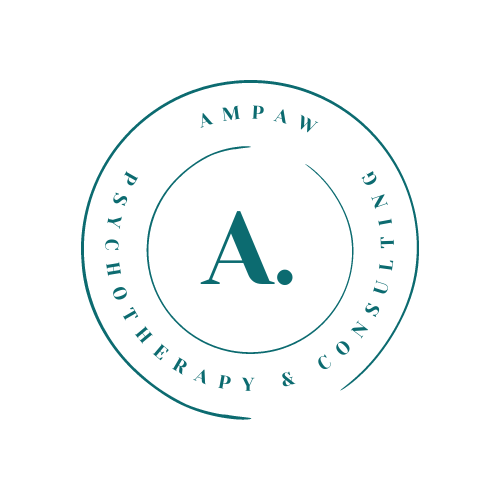Josie Jots Her Thoughts On: Courage to Heal Therapy
As we entered 2023, a goal of mine was to further uplift some of my wonderful consulting colleagues and clients. With this in mind, I decided to begin this spotlight series with Anna Khandrueva! Check out my interview with her below:
Tell us a bit about yourself!
“I consider myself to be a very lucky and privileged person as I was able to come to the United States from Russia when I was 18 years old. I chose to stay after finishing college because I love it here. I can speak freely and be myself without fearing for my family’s safety. Being an immigrant has not always been easy, although I always admit that White immigrants face an easier journey than immigrants of other races and ethnicities.
My passions are travel and food. Road trips are fun - discovering mom and pop food spots along the way makes them even better! Santa Fe is one of my favorite destinations with its rich history and restaurants where you can watch incredible flamenco performances. When I’m not on the road or eating, you will find me knitting while listening to an audiobook or watching a horror movie with my dog snoring beside me.”
What inspired you to start your mental health practice?
“Before becoming a therapist, I was working in the finance industry, which was ultimately not my cup of tea. It just wasn’t in my blood to sit at a computer and stare at Excel spreadsheets for 8 hours a day. Being unhappy at work lead me to experience mental health issues of my own, and that’s when I knew I wanted to work with people who long to be heard and seen. I am incredibly grateful to have found my calling in helping them heal and become better versions of themselves.
My practice is called ‘Courage to Heal Therapy’ because it ultimately takes a lot of courage to pick up the phone and call a therapist. I want people to know that they are brave when they finally decide to face their inner turmoil and tell their story to another person.”
Who is your ideal client or audience? What do you hope they take away from the work you do?
“My ideal clients are adults living with attachment or relational trauma. This means that at some point in their life they were hurt or betrayed by another person, usually a person close to them. This affects them deeply and makes it hard to form secure emotional bonds with other people. I also work with people living with bipolar disorder. It’s a complex illness that’s really misunderstood and stigmatized.
Overall, I hope people remember that it’s OK to ask for help. Living with trauma or bipolar is incredibly hard, and the right support can make all the difference.”
What are your hopes and dreams for your practice? What should we be excited to see come from you?
“I hope to expand into offering more education through online course and webinars. We need more awareness out there to battle stigma and provide support to those who need it most.
Currently, I am excited to offer a course for loved ones of people living with bipolar called Bipolar Love. It covers everything from bipolar basics to safety to boundaries for partners, friends, and families. This course teaches you how to lend a helping hand without overworking yourself. And there is much more in the works. You can always stay tuned for upcoming events by following me on Instagram @couragetohealtherapy.”
What does it look like for you to use your platform to elevate marginalized communities?
“People from marginalized communities are generally more susceptible to mental health issues due to prejudice and discrimination they face. I keep this in mind as I strive to offer an affirming and inclusive environment in my office. I hope that improving marginalized individuals’ mental health will also serve to lift their communities as a whole. I think that being aware of my own privileged identities is key to treating people who do not share said identities. It helps me stay humble and in the position of a learner rather than a know-it-all expert in my practice.
To give you some specific examples, I provide an extensive directory of resources for people who identify as LGBTQ+ on my website, and I make sure to keep this community in mind when suggesting books or articles. My business also proudly donates to PushBlack, a nonprofit dedicated to raising up Black voices.”
Anna has also provided all our readers a detailed guide on how to find the right therapist. It contains 20 questions you may want to ask a prospective therapist and an extensive list of therapist directories. You can grab it at bit.ly/therapist-guide. Thank you again Anna!
If this blog post resonates with you, use the button below to schedule a 30 minute consultation with us.


